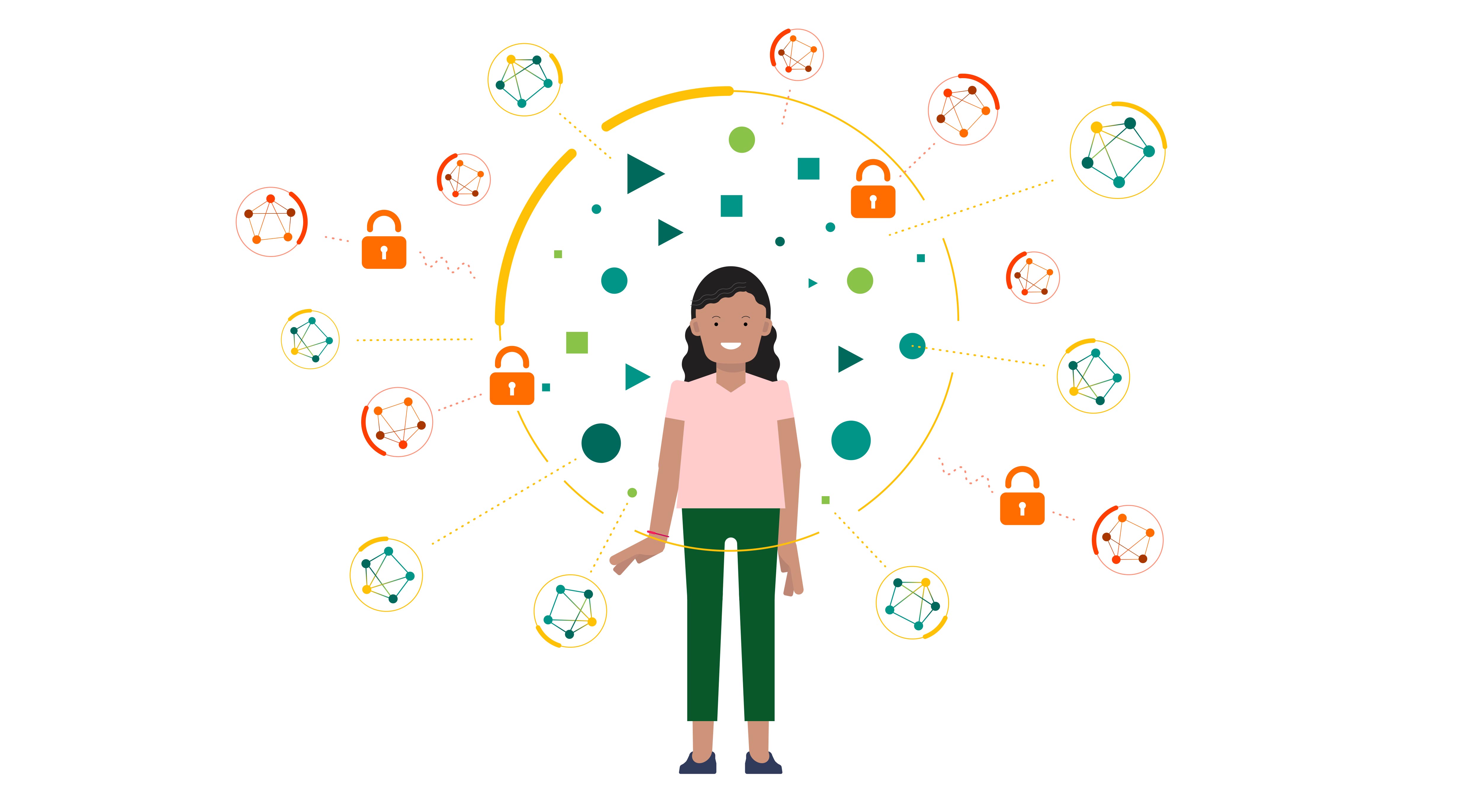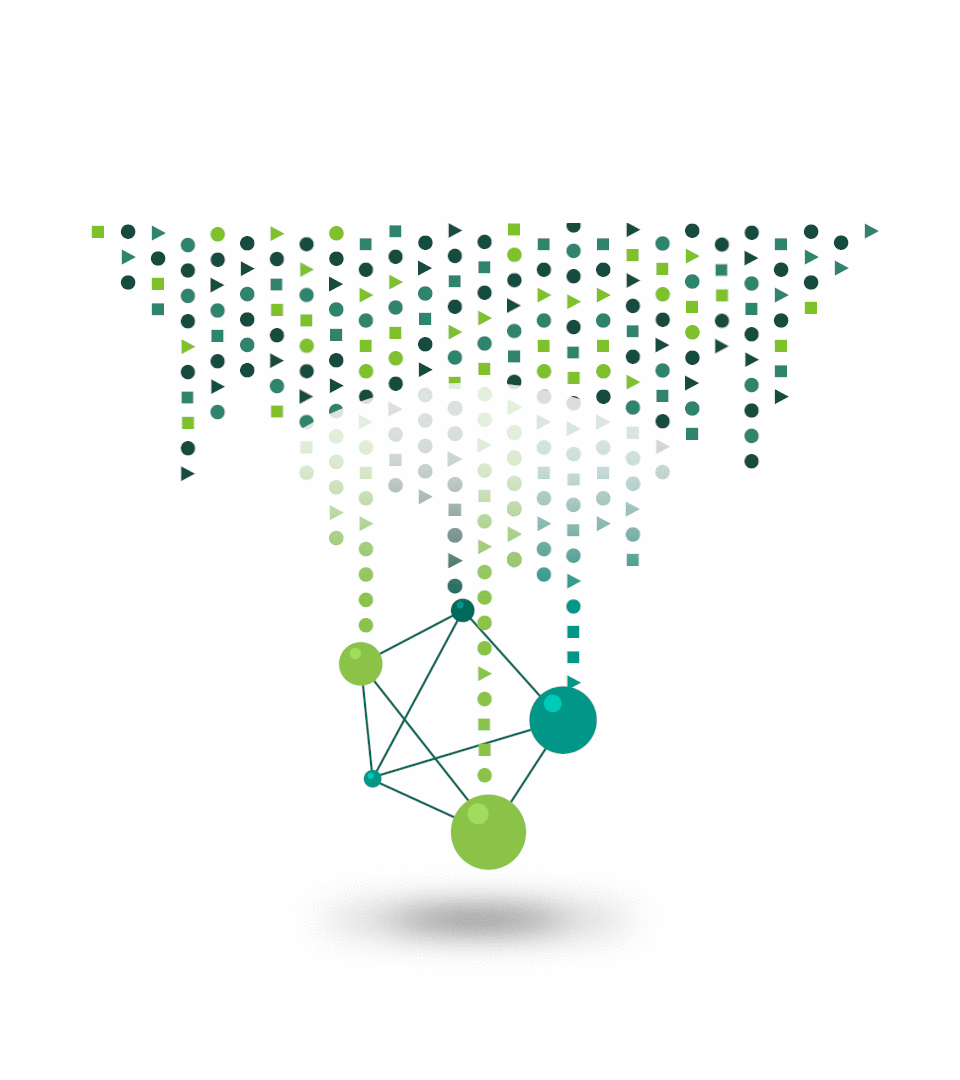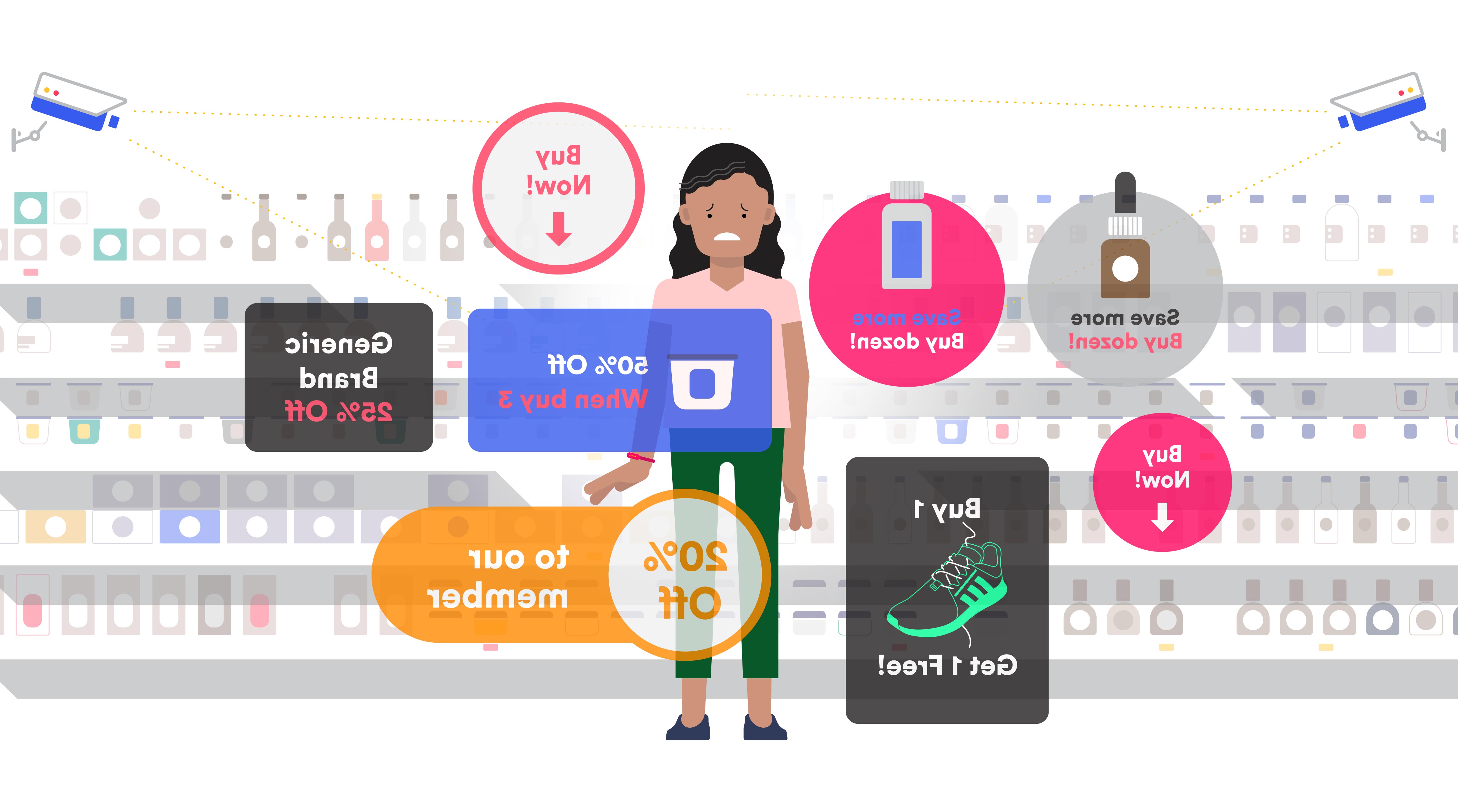Kagi
A personal data advocate for an expanding digital universe

Technology
A concept for the future of personal data ownership
Is privacy dead? From our homes to our heartbeats, the devices, apps, and appliances that surround us constantly collect data from almost every action we take – awake or asleep.
This data is growing exponentially. Quintillions of bytes of data are generated each day, with the entire digital universe doubling every two years. As facial recognition and ubiquitous sensors become commonplace, the system that comprises our personal data will increasingly monetize our attention at every turn. It is clear that not all companies – or even governments – share the same approach to data privacy, leaving our personal information vulnerable to neglect, misuse, or even weaponization.
Continuing down this path risks a future where data privacy and anonymity is a luxury for the wealthy, powerful, and digitally literate. Without the right tools working in conjunction with the right regulatory policy, we will lose the capacity to manage this intimate picture of our lives.
At Artefact, we are exploring a future with a radically different paradigm for personal data collection and ownership. A future where our data works for us, on our terms. A future with Kagi to help.
Rather than trading data for services, we imagine a future where people control and leverage personal data to improve their lives.
Secure, reliable, empowered data ownership
Kagi (pronounced “kah-ghee”) is a conceptual intelligent agent that stores and manages personal data on an individual’s behalf. Named after the Japanese word for “key,” Kagi is both a secure data repository and an intermediary between our experiences and the data they generate.
Kagi uses artificial intelligence and machine learning to recognize a person’s data privacy preferences and, over time, earn the ability to make increasingly important decisions for them. Kagi is invisible and automatic, eliminating the need to spend time mired in personal data management. It gives people the power to fully own their data and control its use.
Returning data ownership to the individual
Even the most routine digital services incentivize users to continually share personal data with no visibility around how it is utilized. People may inadvertently grant an e-mail provider permission to scan private messages for tailored advertising, or allow a ride-hailing service to record their location data even after closing an app.
Kagi makes it simple for anyone to secure their personal data and understand how it might be used. It stores a person’s entire personal data footprint, acting as an intermediary between the platforms that collect it and brokering deals with the services that want to use it. Unlike today, Kagi prioritizes the interests of people over platforms.

Quarantine, store, and secure
Kagi controls the flow of data between a person’s devices and services and their central servers. Using a distributed network like blockchain, Kagi acts as a trusted single repository for personal data to ensure that it is protected from unsanctioned collection or use.
Of course, companies already own scores of people’s personal data. Where possible, Kagi cleans up and deletes existing data and “digital exhaust” that already exist on a device or service.

A trusted assistant
Each person trains Kagi’s machine learning AI with their data privacy preferences, interacting with the agent less and less over time as it earns trust in making data decisions.
Eventually, Kagi will automatically recognize a person’s privacy preferences based on past behaviors and settings, and automatically monitor and manage the entirety of their personal data on their behalf.

Automatic, scaled privacy preferences
Kagi ensures data privacy outcomes are consistent with each person’s preferences. If someone is concerned about sharing their family’s health data, for example, Kagi can apply their specific privacy preferences across platforms that engage with healthcare information.
Kagi also manages the nuances between complex data privacy frameworks that may vary from service to service. In a future where people may be bound to hundreds – if not thousands – of data privacy policies, Kagi consistently manages the entirety of a person’s data preferences.
An advocate in the public domain
Imagine entering a pharmacy of the future. Biometric scanners track your identity, facial recognition senses your mood, AI cross-references your past buying patterns to influence your behavior, and a mixed-reality interface directs you toward certain products – all before you’ve even picked up a shopping basket.
Kagi acts as a real-time data advocate amidst a world of connected technology and predictive personalization, helping people control the impact this surveillance has on their lives.

Control how you connect
Enjoy the conveniences of a connected digital world without personal data being consistently collected or used to tailor experiences at every turn. Kagi helps people make the most of useful technology like facial recognition where appropriate, while helping automatically opt out of algorithmic personalization, mixed-reality intrusions, and other forms of targeting and manipulation.

Flag sensitive data requests
Kagi identifies unprecedented data requests that may require on-the-spot decision making. Like a credit card company flagging unusual spending, Kagi only alerts people when they need to handle a unique data request.
Monetizing data – on our terms
We envision a future where we not only protect and control our personal data but unlock new ways of creating real value. Kagi gives people ownership and control over how their data is sold, giving rise to a marketplace where people harness their data in the ways that work best for them.
Kagi shifts data-driven business models so that individuals are in the seller’s seat and decide how to leverage their personal data. When people protect their personal data from automatic access, we expect new services to emerge that allow them to monetize or extract value from their data in new ways.
From data-driven medical research to policymaking and planning smart cities, there are several ways society could benefit from a voluntary exchange of connected and integrated data where people are fairly compensated.

Confidence in an accelerating data landscape
We envision a future where individual choice defines personal data ownership. Intelligent assistants like Kagi are just one piece in a future paradigm of empowered data ownership. There is ample opportunity for technology to help align all data stakeholders – from individuals to businesses to policymakers – in navigating our ever-expanding digital data universe.
Next project
Systems Thinking 101